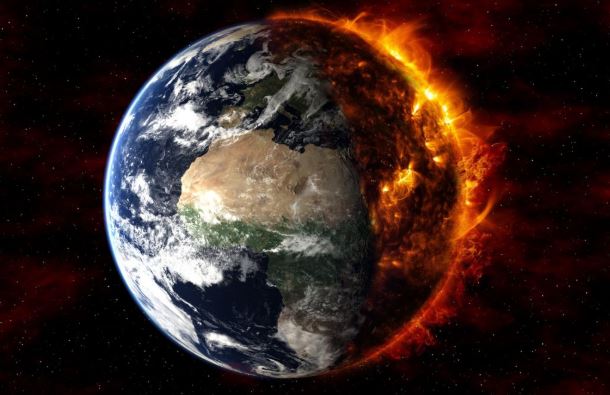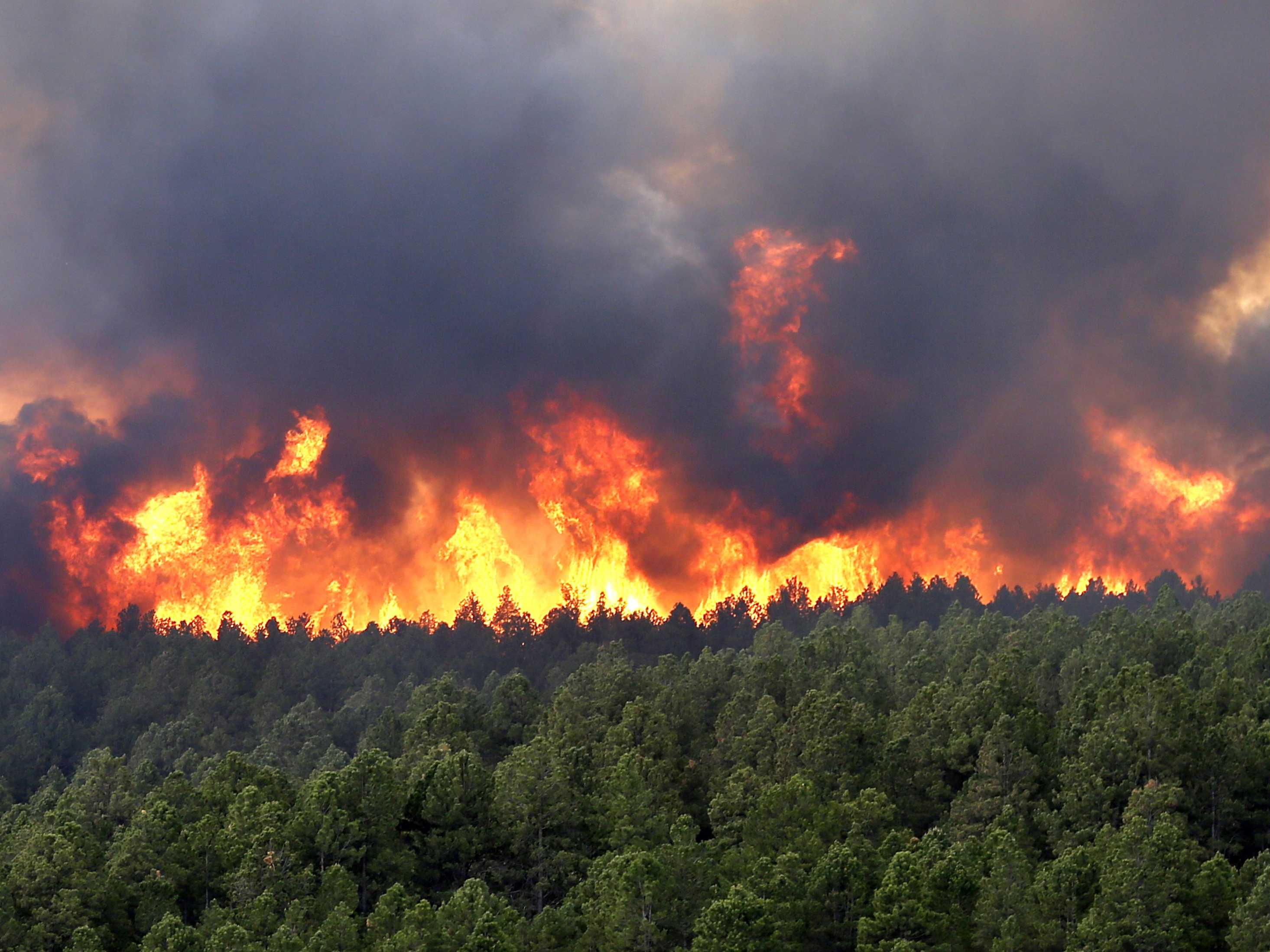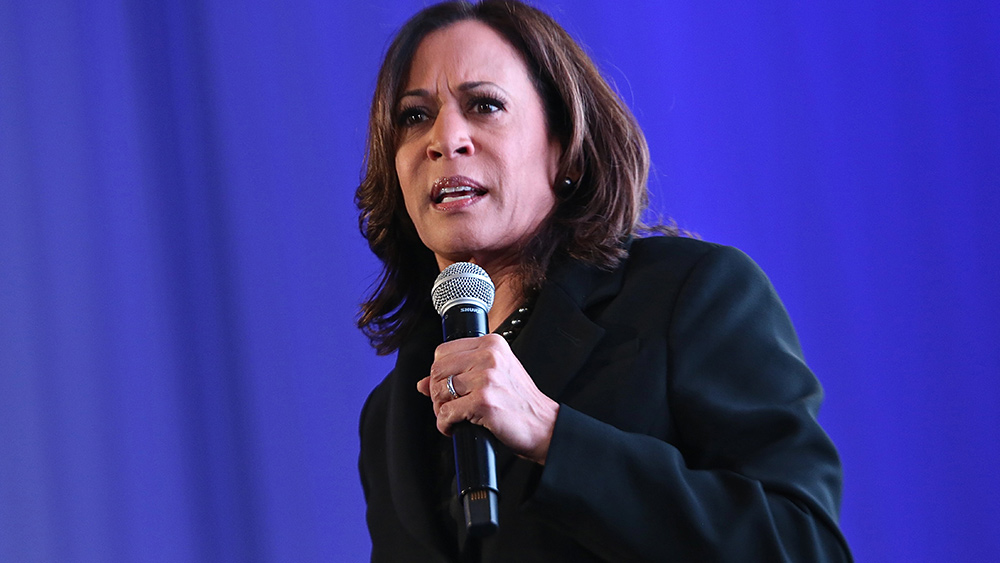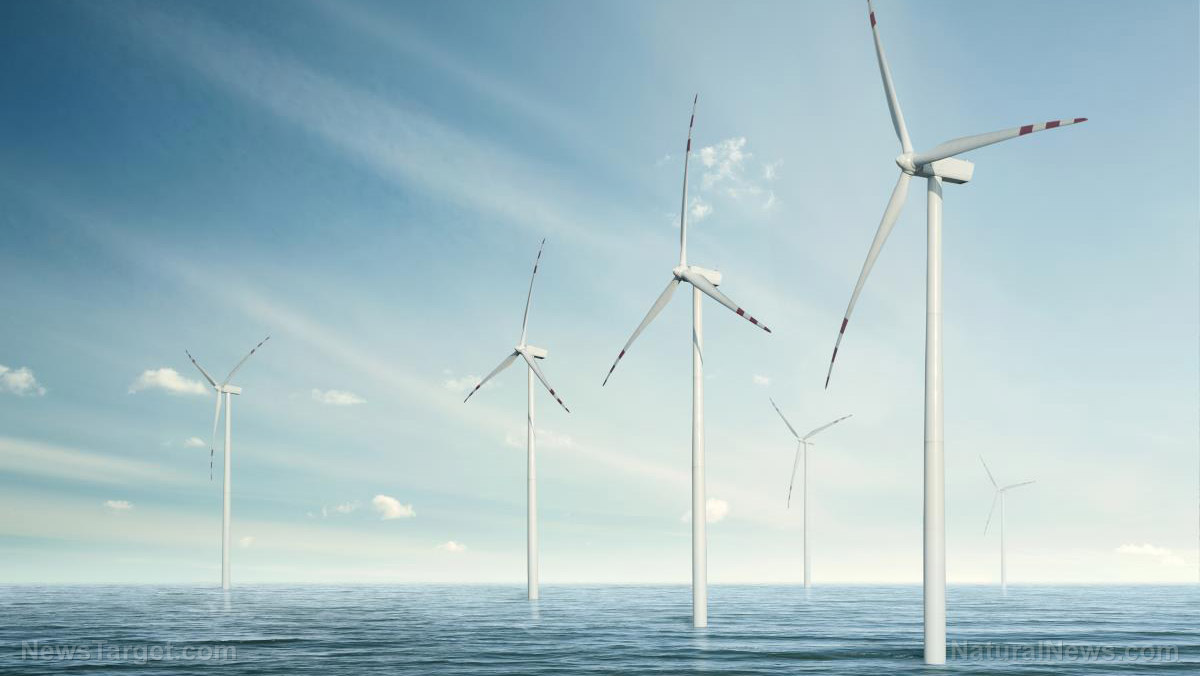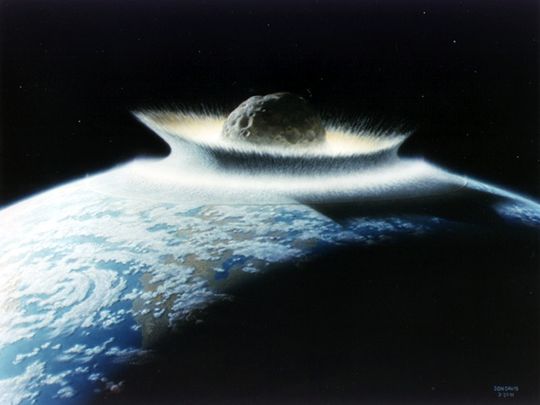Electric cars aren’t going to save the Earth – or California
10/14/2020 / By Divina Ramirez

California wants gas-powered cars out – and electric ones in – by 2035, and it’s going to need a far bigger electric grid to do so. California Gov. Gavin Newsom’s announcement last Sept. 23 represents the state’s latest thrust in catching up with its ambitious efforts to reduce carbon emissions.
However, experts argue that no such electric grid exists or can exist even if the state were to be blanketed in massive solar and wind farms. In fact, given California’s current solar and wind electric generation, these farms can generate just enough power to charge electric cars, even at peak production.
This leaves no power left for light, air conditioning and appliances. Moreover, this best-case scenario does not account for the fact that generating high-return wind power, which lags even further behind solar power, requires procuring large swathes of land well-suited to wind farms.
In a letter to Newsom last Sept. 28, Environmental Protection Agency (EPA) Administrator Andrew Wheeler said that the recent executive order begs the question of how the governor plans to power an electric car fleet given the state’s present troubles with providing power to thousands of residents.
Wheeler added that California could end up dealing with worse power shortages in the future due to the projected increase in power needed.
Not thought through
More than power generation and land issues, reliance on inadequate solar and wind power could be disastrous during fire season when power companies enforce rolling blackouts, which are a common-enough occurrence in California, as seen over the past two months. Should local authorities issue evacuation orders, people could find themselves with electric cars in need of charging.
Meanwhile, environmentalists, oil companies and auto trade groups alike all blasted Newsom’s recent executive order, citing a host of reasons. Kassie Siegel, director of the Center for Biological Diversity’s Climate Law Institute, said in a statement that Newsom can’t claim climate leadership while still supporting oil companies.
Oil companies, on the other hand, argued that electric cars are unaffordable. John Bozella, chief executive officer and president of the trade group Alliance for Automative Innovation, added that the demand for zero-emission cars is low. Electrified vehicles account for less than 10 percent of new vehicle sales in California. Zero-emission vehicles also make up just two percent of all the cars on California’s roads.
Furthermore, critics of zero-emission cars like Elon Musk’s Tesla also argue that although electric cars do not need gas, they still get their energy from burning carbon. How much carbon an electric car burns depends on how electric grids generate power. For example, if coal-fired power plants maintained a state’s grid, then electric cars are no better than gas-powered ones.
In 2019, a Bloomberg article also presented another problem with electric cars. If millions of people were to drive their electric cars wherever and whenever, it would just cancel out carbon reduction, bringing legislators back to square one.
Taken together, these serious and relevant considerations expose just how ill-informed and unsustainable Newsom’s recent executive order is in the long run. (Related: California’s solar generation drops to almost a third below levels reported last month.)
Green New Fraud
California has long positioned itself at the forefront of climate change policies, with state officials like Newsom terrorizing the public with the so-called consequences of climate change.
In January, Oakland Democratic Assembly member Rob Bonta authored California’s “Green New Deal” legislation, which sought to address climate change. The bill was based on a bill of the same name sponsored by Sen. Ed Markey (D-MA) and Rep. Alexandria Ocasio-Cortez (D-NY).
Last June, Bonta said that the bill will not be continuing for the remainder of 2020. With the COVID-19 crisis taking a toll on the state’s reduced budget, Bonta’s Green New Deal was not afforded a hearing.
Nonetheless, Bonta and his co-authors spun the bill into a California COVID-19 Recovery Deal instead, claiming that the revised bill still seeks to safeguard members of communities who “have been an afterthought with respect to the fossil fuel economy and the harm it caused for them.”
Meanwhile, another bill, touted as the “Republican Green New Bill,” might have better luck. The bill, authored by Palmdate Assembly member Tom Lackey, seeks to allot $4 billion to improve the Metrolink commuter rail system. It could help get rid of more cars on the road, he said.
Learn more about California’s Green New Deal and climate change policies at Biased.news.
Sources include:
Tagged Under: climate change, climate science, electric cars, electricity, energy, environment, government, green energy, Green New Deal, power grid, propaganda, renewable energy, Twisted


